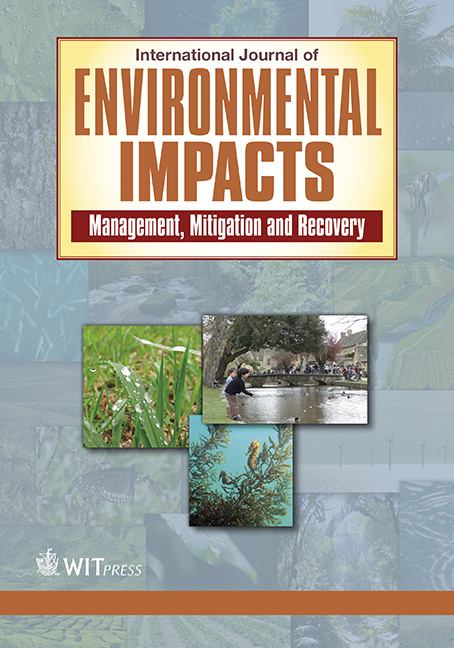Prospects for mainstreaming urban agriculture in Kosovo in support of sustainable urban development
Price
Free (open access)
Volume
Volume 5 (2022), Issue 1
Pages
12
Page Range
25 - 37
Paper DOI
10.2495/EI-V5-N1-23-37
Copyright
WIT Press
Author(s)
Fjollë Caka
Abstract
Urban areas around the world are attracting more a more people due to increased economic, educational, health, social and cultural opportunities. With the growing urban population, there is a need for undertaking creative measures to strengthen food production and distribution systems, and cities as major consumers can contribute more to this matter. Food production in cities has been a long tradition and a mainstream activity in many countries around the world, and it is experiencing a comeback. While Kosovo has been supporting agricultural development, especially in rural areas, urban areas continue to experience agricultural land loss (specifically, conversion to construction land), degradation beyond repair, and contamination. Institutional support (technical capacities, grant schemes and other investments) is contributing towards increased agricultural productivity in general, but tailored policies and programmes supporting the needs of the urban population (especially the poor) should be undertaken as well. While the extent of urban agriculture in Kosovo is unknown, this research aims to review the current policy environment for urban agriculture development, including agricultural and spatial planning-related legal framework, strategies, and key related reports, studies and official related data. It tries to identify the extent and development trend of small-scale agriculture in Kosovo, barriers hindering its expansion to urban areas, and based on the findings, the paper provides potential policy interventions to utilize the role of urban agriculture on sustainable urban development, as a source of fresh food but also a mechanism for alleviating urban poverty and inequalities, increasing community well-being, environmental performance and climate resilience.
Keywords
community gardens, food security, resilience, sustainable development, urban agriculture




